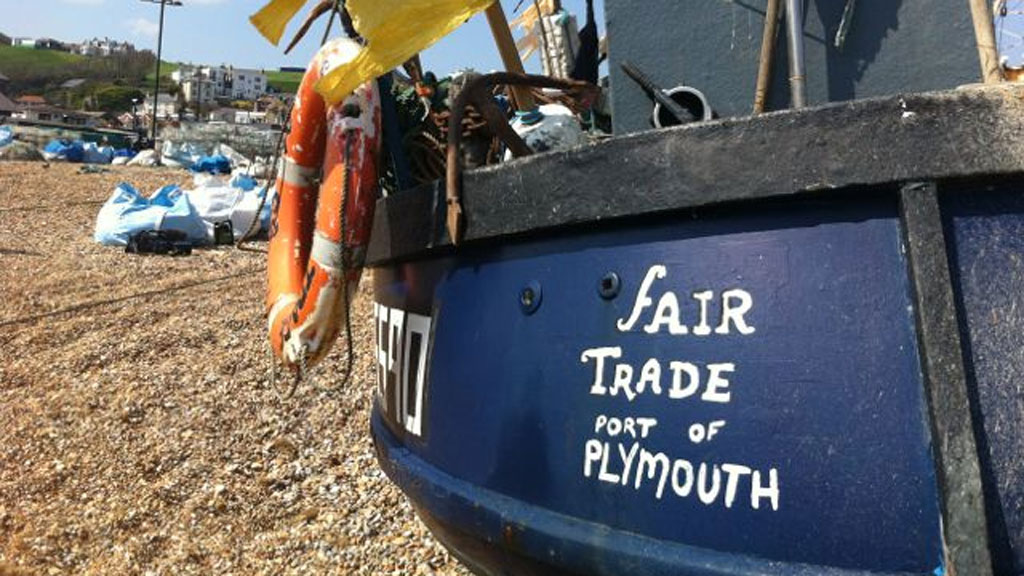Fishermen in court over battle for fairer quotas
Britain’s big fishing bosses go to the high court to challenge an attempt by the government to take away some of their fishing quota and re-allocate it to smaller boats.

The government’s effort is seen by small fishermen and campaigners as an important step towards making fishing more sustainable and economically rewarding for coastal communities.
“In terms of numbers of vessels, 76 per cent of the British fishing fleet have just 4 per cent of the quota,” said Hastings-based fisherman Paul Joy.
He represents one of thousands of “under-10” fishermen who have registered fishing vessels smaller than 10 metres.
These smaller fishermen have long argued the national fishing quota allocated by the European Commission has been unfairly distributed among fewer, larger vessels, fishing mainly offshore.
The majority of UK quota is currently held by a number of “producer organisations” representing groups of large vessels distributed around the British coast.
Making ‘better use’ of quotas
“I want to ensure that fishing quota is allocated effectively across all sectors of the industry, which is why I proposed reallocating consistently unused quota to those that could make better use of it,” said Fisheries Minister Richard Benyon.
Campaigners argue that redistributing quota to smaller fishermen will help reinvigorate coastal communities as well as ensure fishermen are more mindful of threatened fish stocks that the quota system is designed to protect.
They argue that fishing quota is a public good that producer organisations don’t have ownership of.
“It’s a fight for the very soul of our seas,” said Greenpeace fisheries campaigner Ariana Densham. “Industry heavyweights are effectively asking the court to rubber-stamp the largest privatisation by stealth of a public good in centuries.”
Campaigners also say that reform of the quota system is needed to prevent what they see as the dubious practice of quota trading or use of quota as financial collateral.
‘Always shared’ quotas
For their part, producer organisations argue they have always shared quota among smaller fishermen. They also argue Defra has used quota allocation in the past to force them to downsize their industry and has recognised the quota as a business asset.
“This action is about the decision of Defra Minister Richard Benyon to step outside the UK fish quota distribution methodology that has been established, used and understood by the industry since 1999,” said James Portus, Chairman of the UK Association of Fish Producer Organisations.
The high court case will last three days, and the final judgement may be reserved for some weeks.
-
Latest news
-
As India goes to the polls in the world’s largest election – what do British-Indians think?6m

-
Tees Valley: Meet the candidates in one of the biggest contests coming up in May’s local elections4m

-
Keir Starmer says public sector reform will be a struggle7m

-
Nicola Sturgeon’s husband Peter Murrell charged with embezzlement of funds from SNP1m

-
Ukraine might finally get $60billion in American weapons and assistance to defend against Russia3m

-




